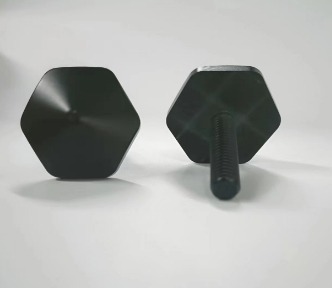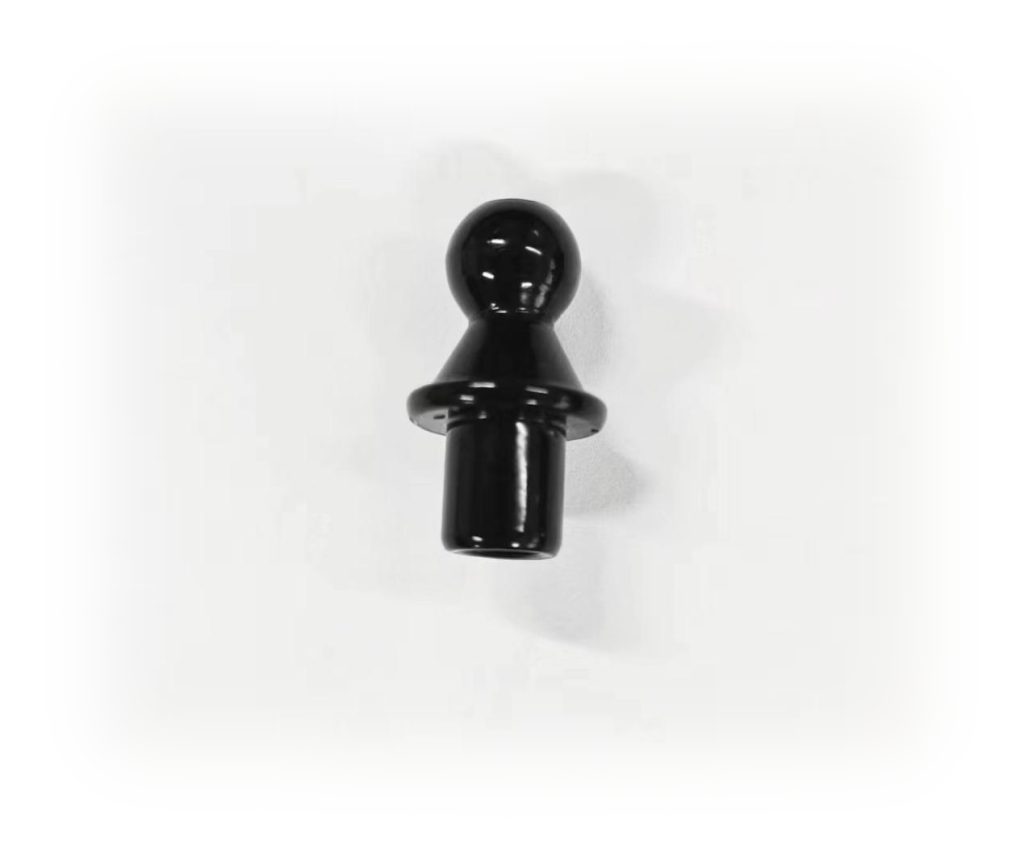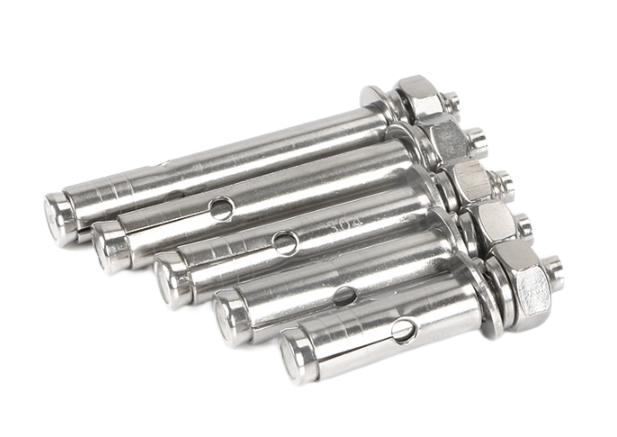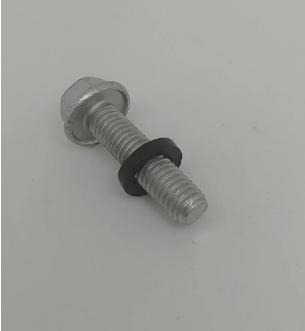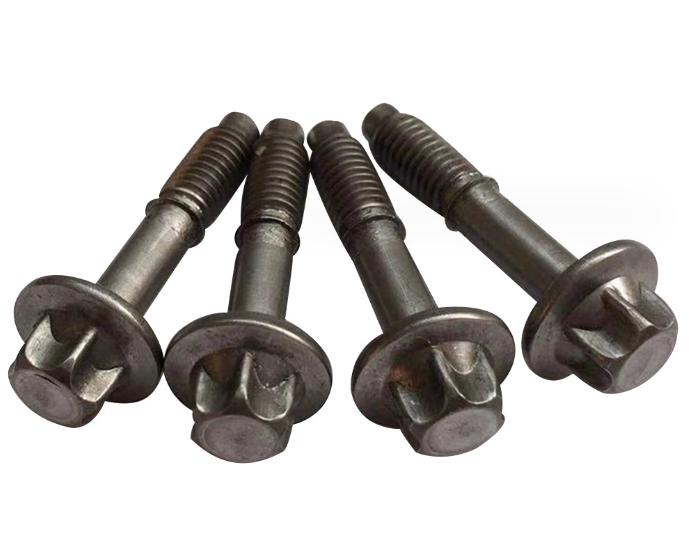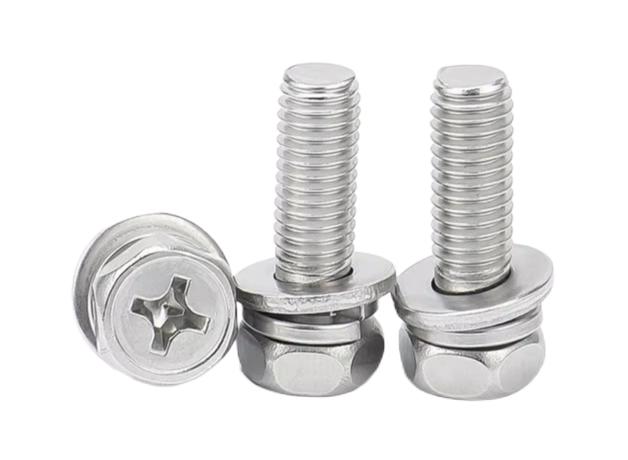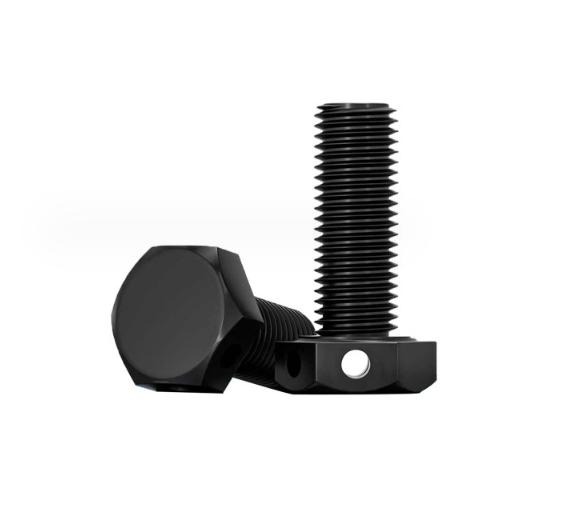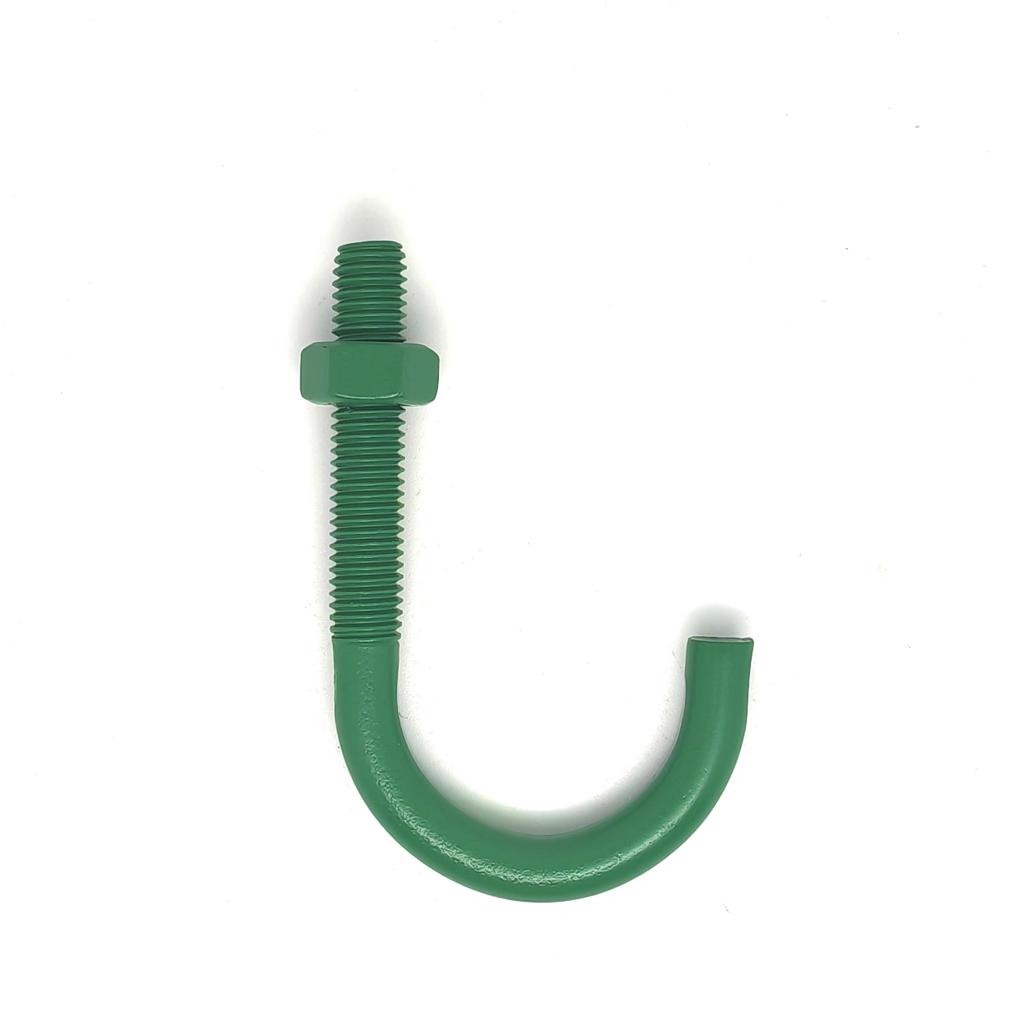What are Stud Bolts: Features, Types and Applications
Stud bolts are critical components in many industries, including building, manufacturing, and engineering. These specialty bolts play an important role in securely attaching materials and are used in situations where ordinary bolts may not be the most efficient solution. In this article, we will focus on the topic that what are stud bolts, delving into the concept of stud bolts, and exploring their features, types, and applications across different industries.

What are the Key Features of Stud Bolts?
Stud bolts’ basic characteristics contribute to their efficacy in firmly connecting components.
Dual-Threaded Design
The dual-threaded design of stud bolts is one of their most distinguishing characteristics. Stud bolts have threads on both ends, as opposed to typical bolts, which have a head on one end and threads on the other. They can be threaded into a tapped hole on one component while being fastened with a nut on the other.
Elimination of Thread Engagement Variability
Thread engagement can be difficult to achieve consistently and accurately in typical bolted connections. Stud bolts, on the other hand, alleviate this issue by providing a predefined amount of thread engagement on both sides. This removes the uncertainty associated with threading bolts through components and guarantees that the connection maintains uniform tension, adding to its overall durability.
Nut Flexibility
Stud bolts provide versatility in selecting the optimum nut for a given application. The stud’s threaded ends can accept a variety of nuts, including regular hex nuts, hefty hex nuts, and even flange nuts. This versatility enables engineers and designers to select the best nut for the job, increasing the efficiency and efficacy of the connection.
Enhancing Accessibility
Stud bolts are especially beneficial in situations where components are difficult to access or secure connections are required in limited locations. Using tools, the threaded ends can be readily put into tapped holes, and the nuts can be tightened from the accessible side. This functionality facilitates installation and maintenance, saving time and effort.
Tension Control
It is vital to maintain correct tension in bolted connections to ensure structural integrity and prevent loosening over time. Because of their design, stud bolts allow for precise tension management. The threaded ends can be torqued to achieve the necessary tension in the connection. This controlled tension helps the assembly’s stability and longevity.
Variability in Stud Bolt Types
Stud bolts are available in a variety of styles to meet a variety of needs. Fully threaded stud bolts, double-end stud bolts, tap end stud bolts, combination stud bolts, and weld stud bolts are all options for addressing special connection requirements. Engineers can choose the best type depending on load-bearing capacity, accessibility, and installation requirements.
Corrosion Resistance
Stud bolts come in a variety of materials, such as stainless steel, carbon steel, and exotic alloys. This helps engineers to select materials with the best corrosion resistance for various conditions. Corrosion-resistant stud bolts are essential in applications involving moisture, chemicals, or extreme temperatures.
Compatibility with Flanges
Stud bolts are frequently used in conjunction with flanges, which are flat, circular discs with holes in the center. Flanges are commonly used in piping systems and connections that require a secure seal. Stud bolts are threaded through the flange holes, and nuts are tightened on the opposite side, compressing the gasket between the flanges to establish a leak-proof connection.
What are Common Types of Stud Bolts?
Stud bolts are available in a variety of types, each customized to a specific application.
Fully Threaded Stud Bolts
These are stud bolts with threads that run the length of the bolt. They are utilized when both components necessitate maximal threading to ensure a solid connection.

Double-End Stud Bolts
The double-end stud bolts feature threads on both ends but no head. They are primarily used in applications where components need to be secured using nuts on both sides, without the need for a bolt head.

Tap End Stud Bolts
Threads on one end and a non-threaded, reduced-diameter segment (referred to as a “tap end”) on the other. The tap end is intended to be put into a tapped hole in order to provide a more secure connecting point.

Combination Stud Bolts
These versatile bolts have variable threads on either end, allowing them to meet the needs of each component they join.
Weld Stud Bolts
These studs are intended for use in welding situations. They have a welded-to-one-component base and a threaded end for attaching a nut or another component.
What are the Wide Applications of Stud Bolts?
Stud bolts are used in a wide variety of industries and scenarios:
Construction
In steel structures, stud bolts are used to connect beams, columns, and other structural elements in steel structures. The capacity of huge structures and bridges to offer a strong, solid link is critical to their stability and safety.
Petrochemical Industry
Stud bolts are used in petrochemical equipment such as pressure tanks, flanges, and pipelines. Extreme pressure and temperature conditions necessitate high-strength connectors in these applications.
Automotive Industry
Stud bolts are used in petrochemical equipment such as pressure tanks, flanges, and pipelines. Extreme pressure and temperature conditions necessitate high-strength connectors in these applications.
Manufacturing
Stud bolts are frequently used in manufacturing operations to anchor heavy machinery and equipment, providing stability and minimizing vibrations.
Aerospace
Stud bolts are utilized in aeronautical applications to secure the connections of important components like aircraft engines, landing gear, and structural elements.
Summary
Stud bolts are essential in many industries because they provide secure, reliable connections between components. Stud bolts’ adaptability and functionality continue to make them a crucial component in the world of fasteners, whether in building, manufacturing, or aerospace.

